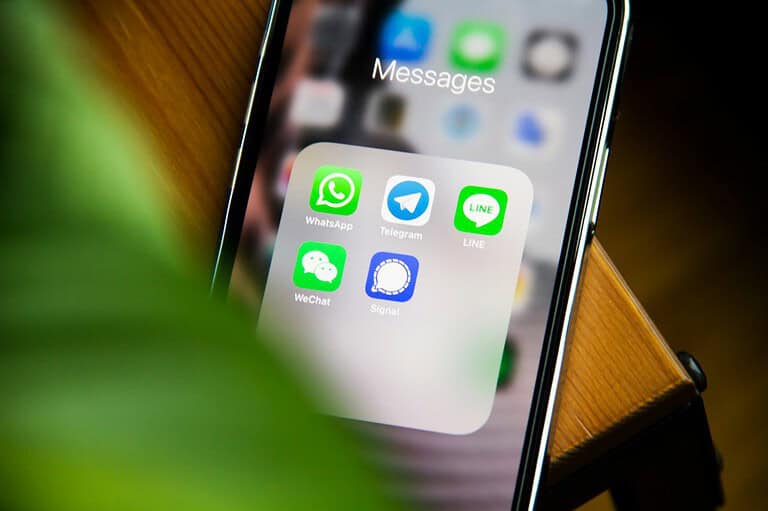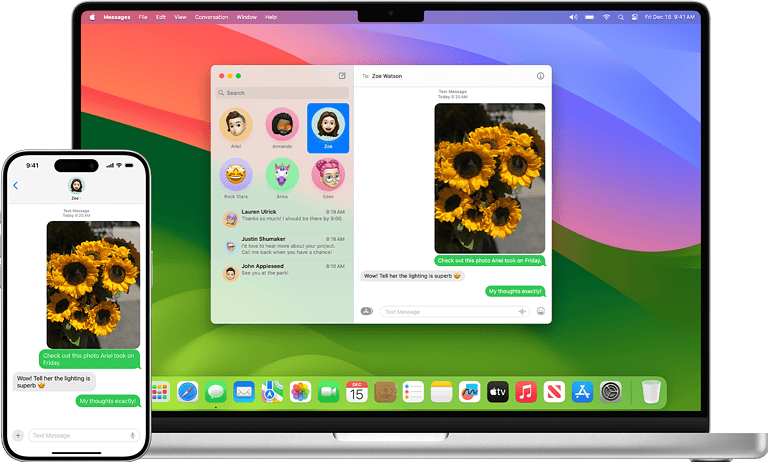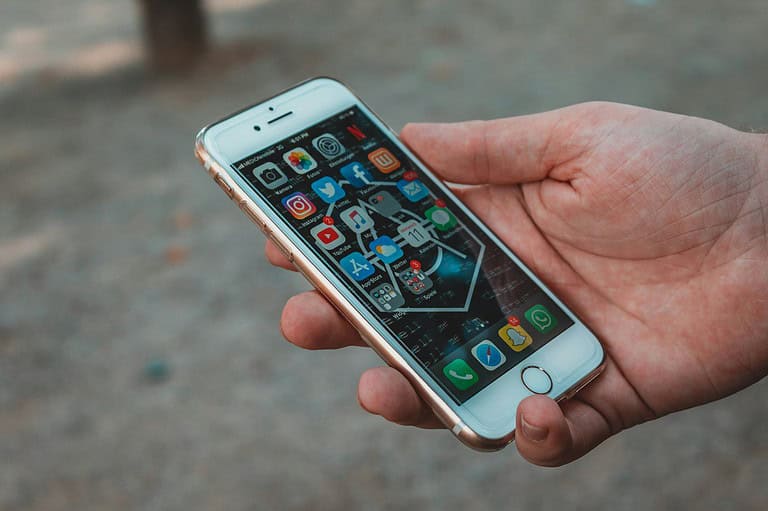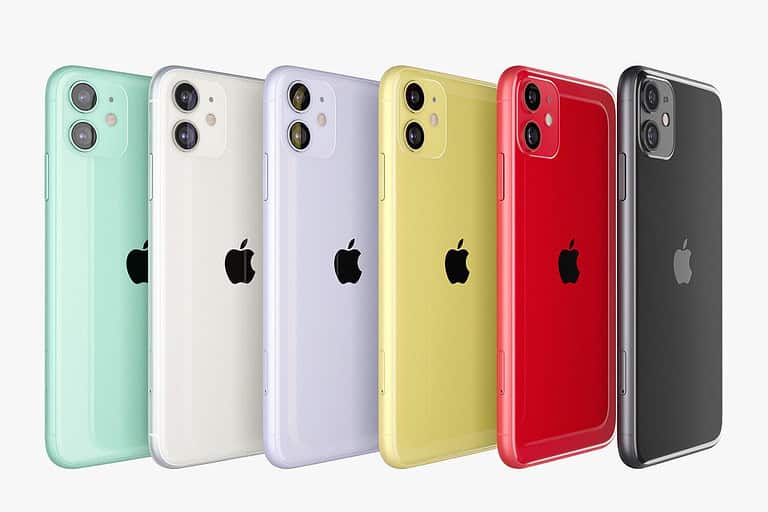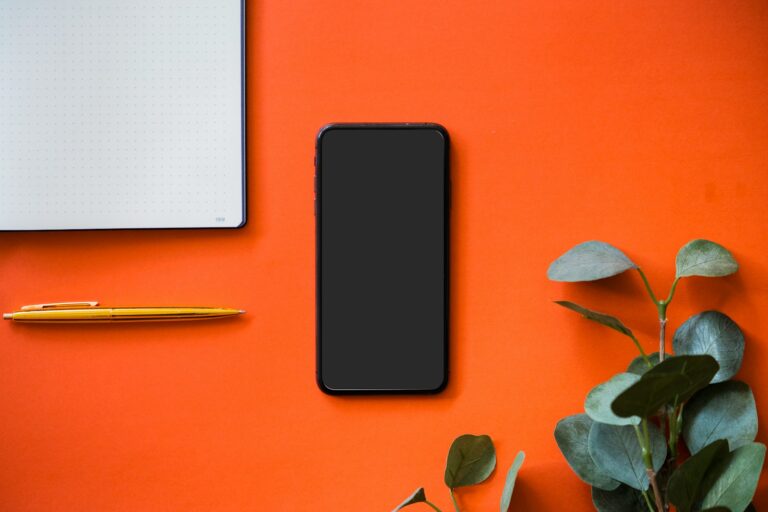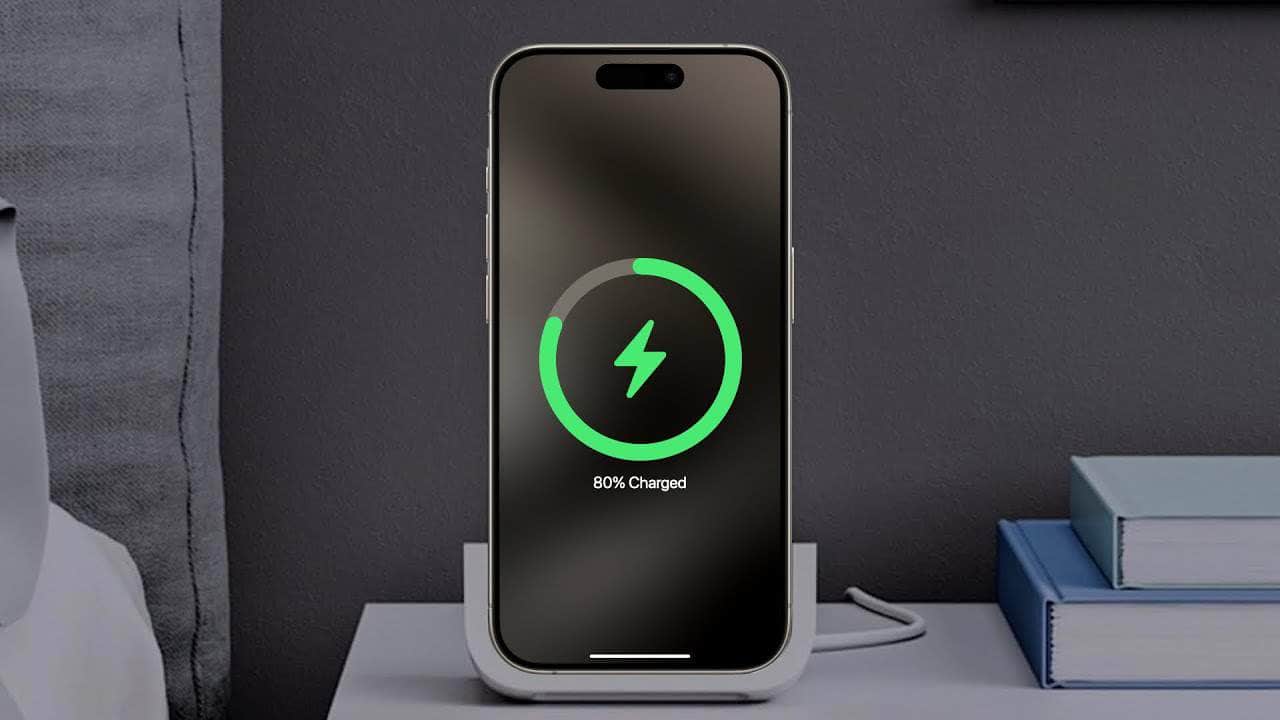
Many people worry about damaging their phone’s battery by leaving it plugged in overnight. This fear stems from old beliefs about overcharging. But is there any truth to this concern?
Modern phones have built-in safeguards that stop charging once the battery reaches 100%. This means you can’t “overcharge” your phone in the traditional sense. When your phone hits full charge, it simply stops drawing power from the outlet.
Still, some experts suggest unplugging your phone once it’s fully charged. This isn’t because of overcharging, but to reduce tiny amounts of stress on the battery. For most users, though, the convenience of overnight charging outweighs any small impact on battery life.
The Truth About Overcharging Your Phone
Understanding Modern Phone Batteries
Most smartphones today use lithium-ion batteries. These batteries don’t have the “memory effect” of older battery types, so you don’t have to worry about fully discharging them before recharging. They have built-in safety features to prevent overcharging.
How Charging Works
When you plug in your phone, the battery charges in stages. The first stage is the fastest, bringing the battery up to around 80% relatively quickly. Then, the charging process slows down to protect the battery and prolong its lifespan. Once the battery reaches 100%, the charging stops.
Trickle Charge and Overcharge Protection
Your phone’s charging circuitry includes a feature called “trickle charge.” Once the battery is full, a tiny amount of current might trickle in to keep it at 100%. This is normal and won’t damage the battery. Phones also have overcharge protection circuits that prevent the battery from accepting more charge than it can handle.
Heat is the Real Enemy
While overcharging itself isn’t a major concern, excessive heat can damage your phone’s battery. Leaving your phone plugged in under a pillow or in direct sunlight can cause it to overheat, which can degrade the battery over time.
Tips to Maximize Battery Lifespan
- Avoid extreme temperatures: Don’t leave your phone in very hot or very cold environments.
- Use the original charger: Your phone’s charger is designed to work with its battery.
- Keep your battery cool: If your phone feels hot while charging, remove the case or unplug it.
- Partial charging is fine: It’s okay to charge your phone in short bursts throughout the day.
- Avoid draining to 0%: Try to keep your battery level above 20%.
Expert Opinions
Battery experts agree that modern phones have sophisticated charging systems that prevent overcharging. Dr. Gregory Offer, a battery technology expert at Imperial College London, says, “The battery management system in your phone is designed to prevent overcharging. It’s much more important to avoid exposing your phone to extreme temperatures.”
Busting the Myths
| Myth | Reality |
|---|---|
| Leaving your phone plugged in overnight damages the battery. | False. Your phone stops charging once the battery is full. |
| You should always let your battery drain to 0% before charging. | False. This can actually shorten the battery’s lifespan. |
| Using your phone while charging damages the battery. | False. It might generate some heat, but it won’t cause significant damage. |
By understanding how your phone’s battery works and following these simple tips, you can help keep your battery healthy and extend its lifespan.
Key Takeaways
- Phone batteries can’t be overcharged due to built-in protections
- Leaving your phone plugged in overnight won’t damage the battery
- Unplugging at 80-90% charge can slightly extend battery lifespan
Understanding Battery Technology and Health
Modern smartphones use lithium-ion batteries. These batteries power our devices but need proper care. Let’s look at how they work and how to keep them healthy.
The Basics of Lithium-Ion Batteries
Lithium-ion batteries store energy in a chemical form. They release this energy as electricity to power phones. These batteries are rechargeable and can last for many cycles.
Key parts of a lithium-ion battery include:
- Positive electrode (cathode)
- Negative electrode (anode)
- Electrolyte
- Separator
When you charge your phone, lithium ions move from the cathode to the anode. This stores energy. When you use your phone, the ions move back, releasing energy.
Lithium-ion batteries are light and hold a lot of energy. This makes them great for phones.
Factors Affecting Battery Lifespan
Several things can shorten a battery’s life:
Heat: High temps speed up chemical reactions in the battery. This can damage it.
Overcharging: Modern phones stop charging at 100%. But keeping them plugged in for long periods may stress the battery.
Deep discharges: Letting your battery drain to 0% often can harm it.
Charge cycles: Each full charge-discharge cycle slightly wears the battery.
Age: Batteries naturally degrade over time, even when not used.
To help your battery last longer:
- Keep your phone cool
- Avoid extreme charging habits
- Update your phone’s software
Battery Management and Maintenance
Good habits can keep your battery healthy:
Partial charges are fine. You don’t need to fully charge or discharge.
Aim to keep your battery between 20% and 80% charged.
Use the charger that came with your phone or a trusted brand.
Remove your phone case while charging if it gets hot.
Enable power-saving modes when needed.
Many phones have built-in battery health features. These can show your battery’s condition and offer tips.
Regular software updates can improve battery management. They often include new power-saving tricks.
If your battery life drops a lot, it might be time for a replacement. Most phone makers or repair shops can do this.
Frequently Asked Questions
Many people have questions about charging their phones. Let’s look at some common concerns about battery life and charging habits.
How long can a phone be on charge before it causes the battery damage?
Modern phones can stay plugged in for long periods without harm. Most devices have built-in protections to stop charging once full. This means you can leave your phone charging overnight without worry.
What are the consequences of leaving a smartphone plugged in overnight?
Leaving a phone plugged in overnight is usually safe. The battery won’t overcharge thanks to built-in safeguards. Your device may warm up slightly, but this isn’t harmful. The main effect is that the battery will stay at 100% until unplugged.
Is it harmful to charge a smartphone once it reaches 100% battery capacity?
Charging a full battery isn’t harmful. Once at 100%, phones stop drawing power. Some experts suggest unplugging at 80-90% to reduce stress on the battery. But keeping it at 100% won’t cause major damage.
How does overcharging affect the lifespan of a phone’s battery?
True overcharging doesn’t happen in modern phones. Keeping a phone always plugged in may slightly reduce battery life over time. But this effect is small compared to other factors like heat and full discharge cycles.
Are modern smartphones at risk of battery damage from overcharging?
Modern smartphones aren’t at risk from overcharging. They have systems to prevent drawing too much power. The bigger risks are extreme heat, cold, or letting the battery drain completely.
What precautions can be taken to prevent overcharging a phone battery?
To be extra safe, unplug your phone once it’s full. Use official chargers from the phone maker. Keep your phone cool while charging. Avoid letting the battery drain below 20%. These steps help keep your battery healthy.

